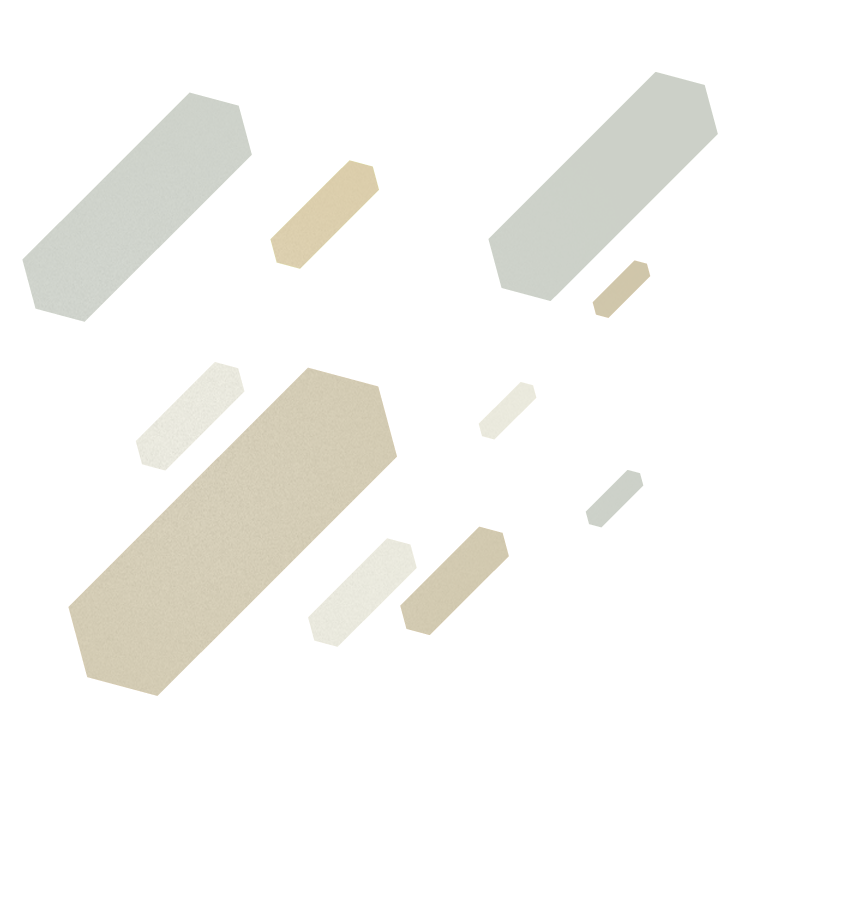


founded in 1990 by Anna Szostak, is a team of vocalists who perform chamber singing and solo parts in vocal and instrumental music, as well as a cappella choral repertoire.
Camerata Silesia quickly became the most recognisable Polish ensemble specialising in the performance of both early and contemporary music. The singers’ outstanding technical proficiency, along with intonation appropriate to early music performance practice, has attracted the attention of both critics and composers. The former have been generous with their praise, while the latter have composed works specifically for Camerata Silesia, dedicating them to the various singers and to the conductor, who are all particularly sought after for first performances of these works. The choir’s discography includes a dozen CDs, which have attracted a number of prestigious phonographic awards.
Every year since 1993 the ensemble has been invited to take part in the Warsaw Autumn Festival. Its performances of Anton Webern’s cantatas with Sinfonia Varsovia, conducted by Ed Spanjaard (1995), and Witold Lutosławski’s Trois Poèmes d’Henri Michaux with the Polish Radio National Symphony Orchestra conducted by Anna Szostak and Antoni Wit (1996), have been heralded as some of the greatest events to grace this festival. Among the choir’s most important achievements was also a performance of Luciano Berio’s Sinfonia at the inaugural concert of Warsaw Autumn in 1999.
In the same year Camerata Silesia appeared by special invitation of the Mitteldeutscher Rundfunk at the Leipzig Gewandhaus; they also appeared at Opéra Comique (Paris) and gave concerts in Taipei, Mei Lanfang Theatre (Beijing) and Théâtre de la Monnaie in Brussels, as well as appearing during a cycle of concerts at the EXPO 2000 in Hanover.
In December 2005 the ensemble gave first Polish performances of works by Luciano Berio, Giacinto Scelsi and Luigi Nono during the “Days of Italian Contemporary Music” International Festival in Cracow. For several years Camerata Silesia has collaborated with the famous English soprano Emma Kirkby, and recently with Barbara Schlick at concerts in Düsseldorf and Katowice.
Polish music frequently appears in the programmes of the ensemble’s concerts abroad. During the Île-de-France festival (2004), Camerata Silesia appeared twice: first with Polish Renaissance and Baroque music as well as contemporary composers, and subsequently with the Musicatreize ensemble from Marseille, performing Witold Lutosławski’s Trois Poèmes d’Henri Michaux at the Saint-Louis-des-Invalides cathedral in Paris. Later the same composition was performed at the Palais des Beaux-Arts in Brussels, accompanied by the National Belgian Orchestra.
The year 2006 saw many performances of music by Krzysztof Penderecki, including the St. Luke Passion in Münster, Cracow and Hamburg. July 2006 saw the 12th International Congress of Baroque Music in Warsaw, and on that occasion the ensemble revived Marco Scacchi Missa per omnium tonorum, recently rediscovered and reconstructed after 358 years.
In February and March 2005, the ensemble appeared in a premiere performance of Wagner’s Parsifal, staged at Venice’s La Fenice under the baton of Gabor Ötvös and directed by Denis Krief. In 2008 and 2009, Camerata Silesia was invited to the Bregenz Festival where it performed in both stage and concert productions together with soloists and the Vienna Symphony Orchestra under such renowned conductors as Chris Moulds, Ulf Schirmer, Carlo Rizzi and Lothar Königs. The extensive programme contained pieces from Handel’s Solomon, as well as from such operas as Křenek’s Karl V, Puccini’s Tosca, Verdi’s Aida and Szymanowski’s King Roger. Many composers have written works for Camerata Silesia, who have premiered compositions by Rafał Augustyn, Krzysztof Baculewski, Ryszard Gabryś, Henryk Mikołaj Górecki, Krzysztof Knittel, Stanisław Krupowicz, Krzysztof Penderecki, Zbigniew Preisner, Bogusław Schaeffer, Witold Szalonek, Agata Zubel, and will continue to premiere other works in the future.
Bożena Gieburowska




